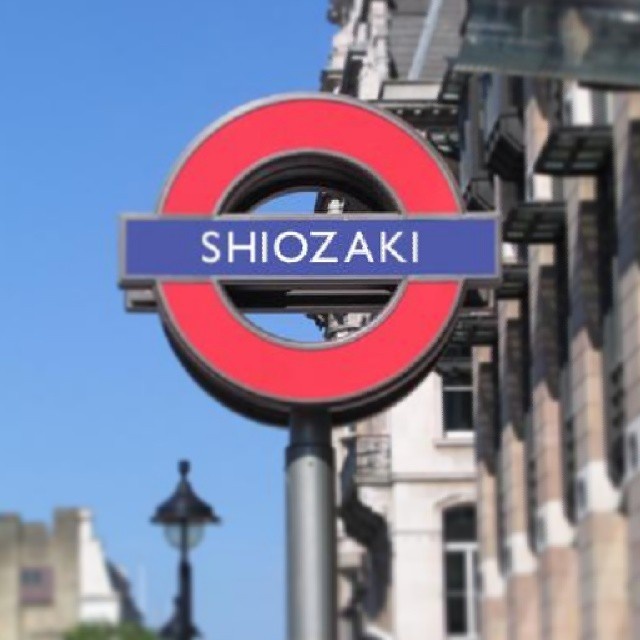Japan-Exclusive National Holidays
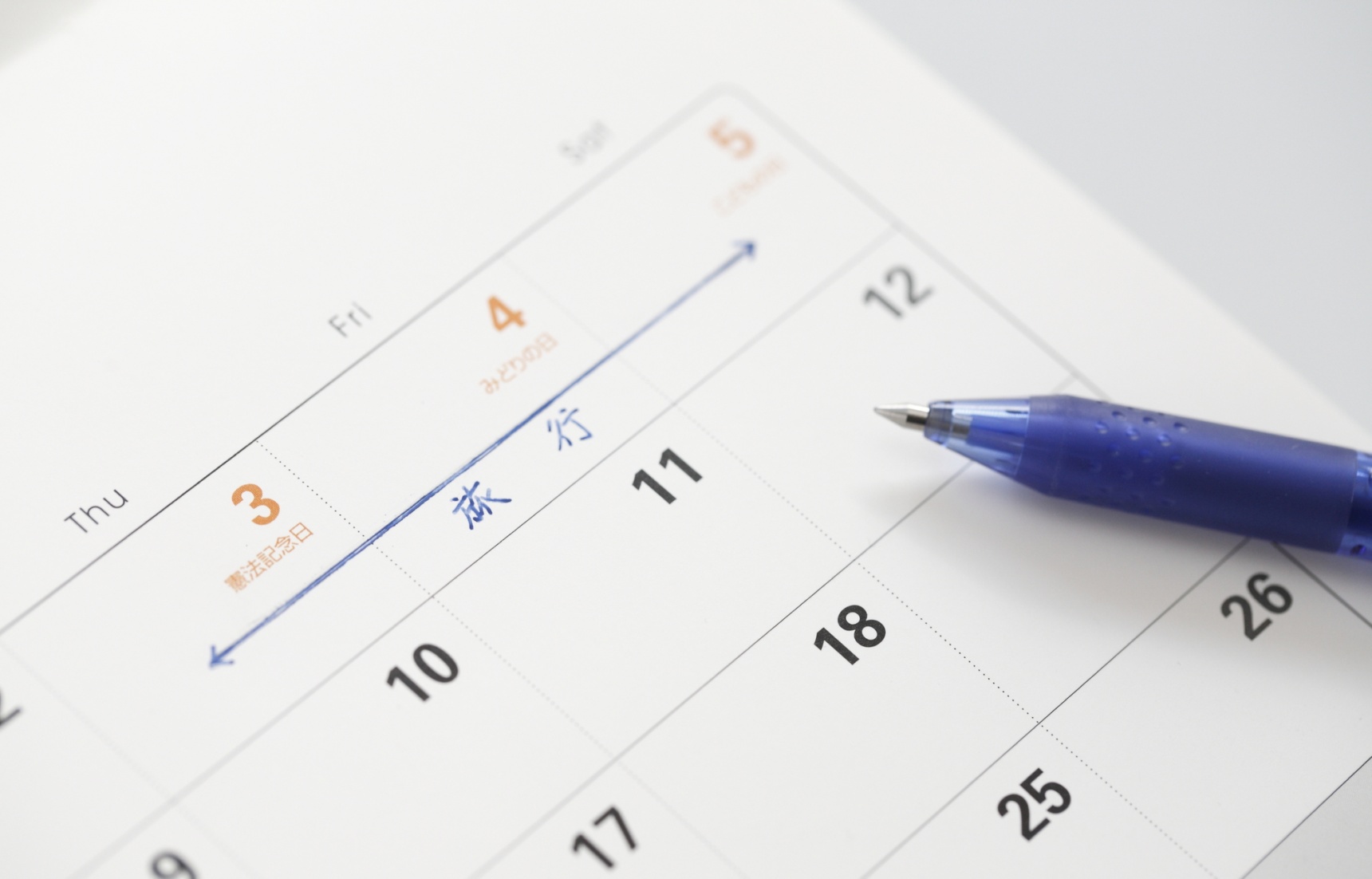
People around the world may see Japan as a country where everyone works diligently and endlessly, like robots. But Japanese calendars do have a few red days, and most of those national holidays can only be found in Japan—unlike British holidays that are shared among former colonies. We'll take a look at those holidays that are exclusive to Japan.
By Thomas ShiozakiGolden Week
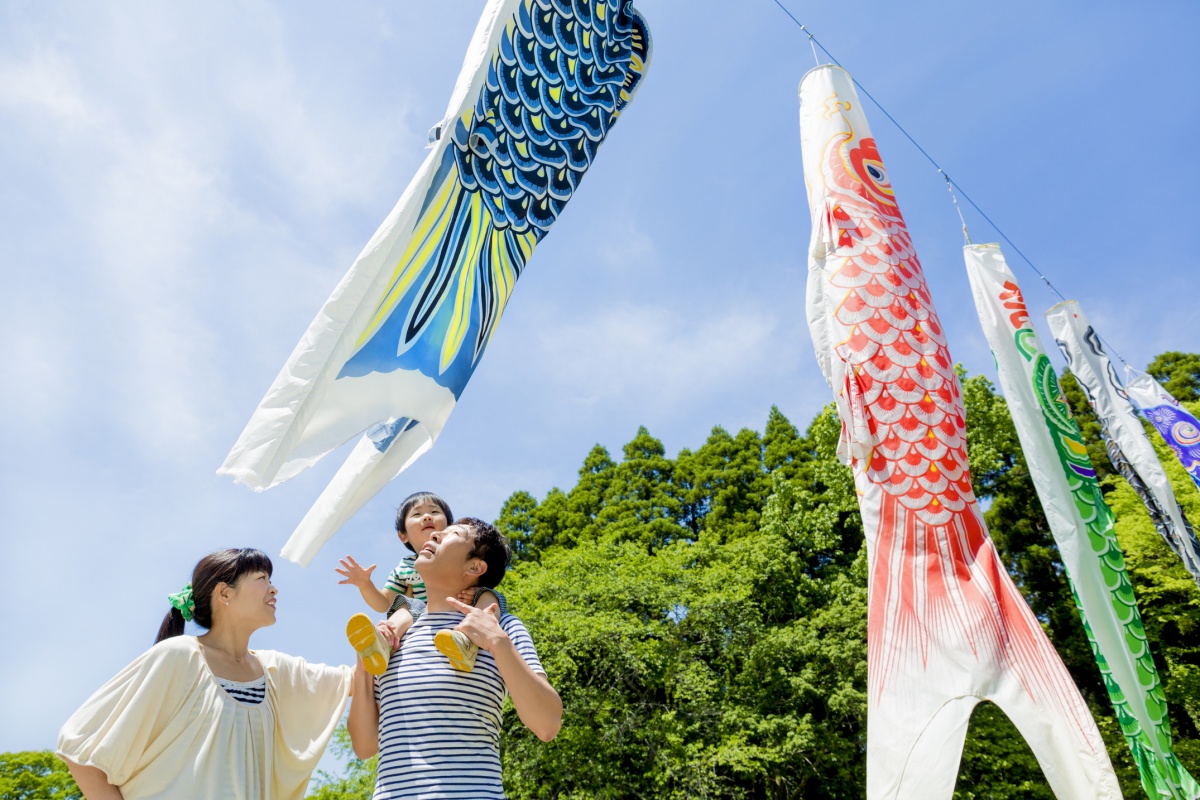
Golden Week, (Apr. 29, May 3-5) is the vacation period everyone in Japan looks forward to! Golden Week began in 1948 with the creation of "National Holiday Laws." Since it's a high travel season, flight tickets can be incredibly expensive in the first week of May (sometimes three times higher than off-season prices). If you're hoping to save money while traveling Japan, avoid those dates if you can.
Showa Day (Apr. 29)
Rather than celebrate the controversial wartime leader Hirohito (called Emperor Showa in Japan), this holiday, which is on his birthday, is a reflection of his turbulent 63-year reign.
Constitution Memorial Day (May 3)
Celebrates the first day of the modern Japanese Constitution coming into effect on May 3, 1947.
Greenery Day (May 4)
Upon the death of Emperor Showa in 1988, Greenery Day was a replacement for the emperor's birthday. The holiday was changed in 1989 to Greenery Day as a nod the former emperor's love of plants and nature. But as of 2007, April 29 became Showa Day and Greenery Day was moved to May 4.
Children's Day (May 5)
This holiday celebrates all kids, wishing them healthy and happy lives. Traditionally, families with boys would put up koinobori (shown in picture) to wish their boys a healthy life. But now these carp flags can represent the entire family.
Constitutional National Holidays
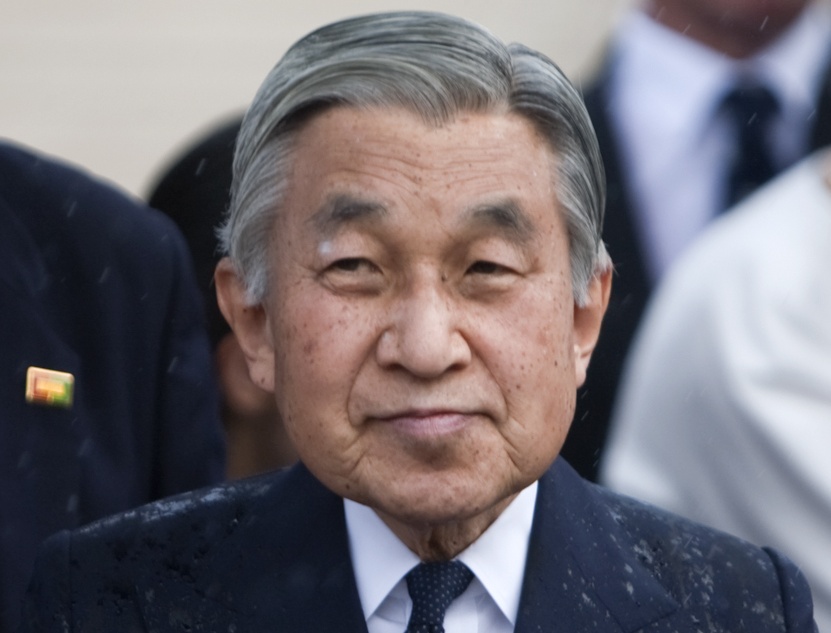
https://commons.wikimedia.org/wiki/File:Emperor_Akihito_cropped_Emperor_Akihito_and_Empress_Michiko_20090715_2.jpg
As Japanese people hold the imperial family in high regard, the following holidays are related to the nation and the emperor:
National Foundation Day (Feb. 11)
Celebrates the foundation of Japan by the first tenno, Emperor Jimmu in 660 B.C. This date was set according to Nihon Shoki, the second oldest book of Japanese history.
Emperor's Birthday (Dec. 23)
Birthday of the current emperor, Akihito, who comes out for a public speech from the palace on his birthday. After making a declaration about his declining health, it's believed he will step down as emperor on December 31, 2018, officially ending the Heisei period. So perhaps there'll be another red day on our calendar marking the birthday of the next emperor.
Cultural National Holidays
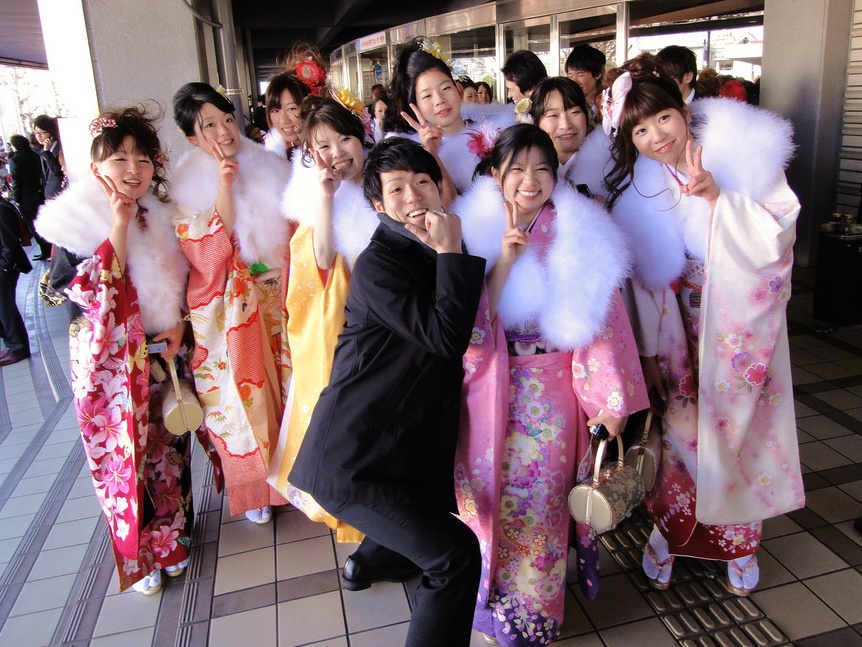
https://www.flickr.com/photos/31029865@N06/6593681955
These holidays celebrate cultural differences in Japan, incorporating them into our daily lives.
Holidays marked with "*" are being held on designated Mondays instead of specific dates due to the government ordained "Happy Monday System" for more three-day weekends.
* Coming of Age Day (2nd Mon. in Jan.)
Recognizes everyone that reached the legal adult age of 20 in the previous year. All municipalities across the country hold ceremonies for them. Previously, it was held every January 15, until 1999.
* Respect for the Aged Day (3rd Mon. of Sept.)
Set up to pay tribute to the contributions of the elderly and their long and productive lives. Previously held annually on September 15, it became part of the Happy Monday System in 2003.
* Sports Day (2nd Mon. of Oct.)
A day to enjoy sports and promote a healthy lifestyle. Previously on October 10, until 1999, this day is also the opening of 1964 Tokyo Olympics.
Culture Day (Nov. 3)
Previously celebrated the announcement of the modern Japanese Constitution and birthday of Emperor Meiji, it's now a day to promote culture, art and academics. Festivities (bunkasai) are held across the country, including concerts, exhibitions and parades.
Labor Thanksgiving Day (Nov. 23)
Created to show appreciation for the hard work of laborers. Previously called Niiname-sai (新嘗祭), this holiday is similar to "Harvest Day" in the West, a celebration of harvest production from workers and farmers.
Natural National Holidays
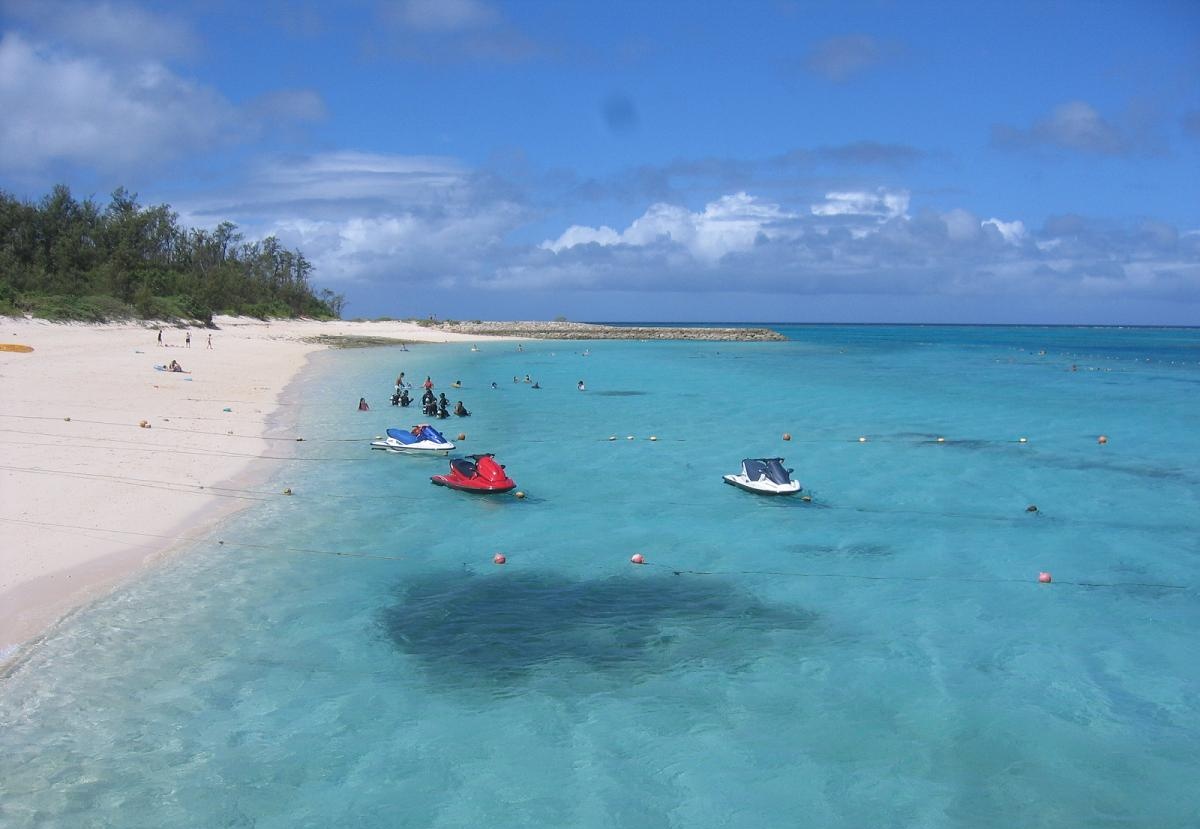
https://commons.wikimedia.org/wiki/File:Minnajima_beach,_Okinawa.jpg
Japan is a country that respects and treasures the wonders of nature. For sure you can find national holidays with the theme of nature!
Spring Equinox (usually Mar. 20 or 21)
Previously named Shunki Korei-sai, this holiday was originally a Shinto festival. After the war, it was repackaged with less nationalism, celebrating the beginning of spring and the cycle of seasons. Three days before and after Spring Equinox is Haru Higan, when families would traditionally visit the grave of their ancestors.
* Sea Day (3rd Mon. of July)
Created in honor of the blessings of oceans and water activities, this holiday used to be on July 20 but changed to Mondays from 2003.
Mountain Day (Aug. 11)
The newest national holiday, first held in 2016, Mountain Day is a day to appreciate Japan's mountainside landscape and promote activities in the mountains. It was established to coincide with Obon (Aug. 13-16).
Autumn Equinox (usually Sept. 22 or 23)
Similar to Spring Equinox, this used to be a Shinto festival called Shuki Korei-sai for people to go worship at shrines. Now, it's a day to remember ancestors, marking the beginning of autumn. Three days prior to and after Autumn Equinox is called Aki Higan.


